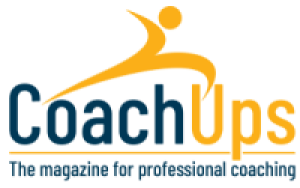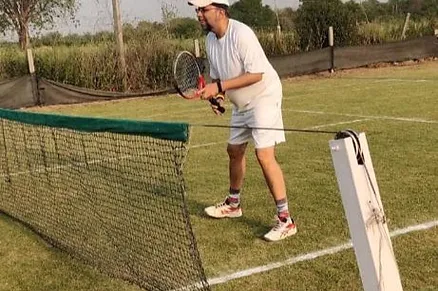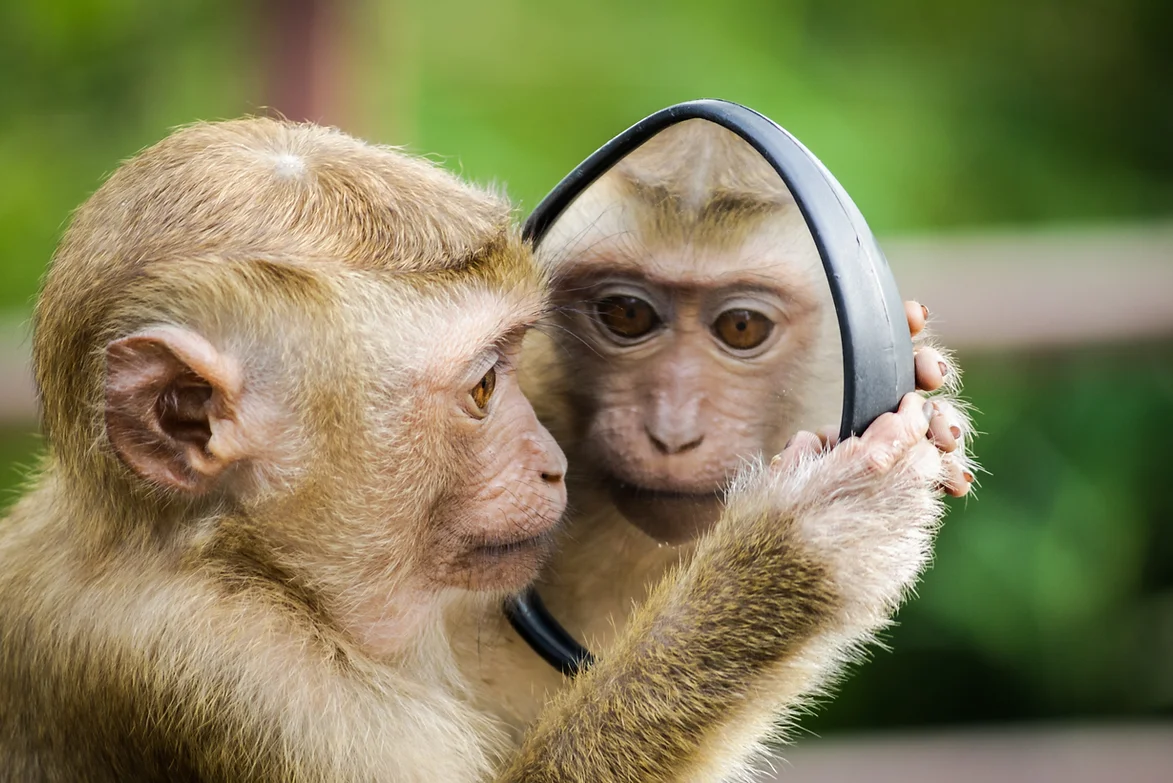Coaching lessons from Shark Tank judges
If you have been as addicted to Shark Tank as I have been, the sharks often provide nuggets of insight that are very useful. For example, the difference between building a brand vs. building a business, how to examine your most loved beliefs about your idea and the extreme value of distribution to a product (a point not always obvious to a story-focused journalist)!

As a bit of a fun exercise, I wondered if the sharks would make good coaches and whether they exhibited some of the core coaching competencies prescribed by the International Coaching Federation. Being a good coach requires keeping your own experience in check, however much you want to rush in with a solution. The focus is providing a safe space for the coaching client to come up with their own solutions.
These observations about the 'sharks' are based on my own experience of viewing about 25 episodes across seasons 1 and 2.
Needless to say, ethics, are a core foundation of all coaching.
Here goes.
Anupam Mittal, Shaadi.com
Anupam is able to reflect the problem statement back well on the people pitching the shark, which is a great quality for a coach. A coach should be able to restate the challenge of a client without adding their own judgement. He also has the best general knowledge among all the sharks, a soft quality that is important for coaches.
Anupam best embodies the competency of listening actively. He also, per the guidelines, asks questions and brings in observations that are customized by using what the coach has learned about who the client is or the client’s situation.
Vineeta Singh, sugarcosmetics.com
Vineeta can make the person pitching comfortable and that is a great quality for a coach. From among all the coaches she comes across as the most relatable and most able to control the tendency for high-achieving people to bring their experience front and centre.
Vineeta shows a high degree of competency of maintaining presence. She "Acts in response to the whole person of the client. "
Peyush Bansal lenskart.com
Peyush tends to have very clear insight into not only the product but also the people in the team that is pitching. He is also extremely focused on purpose, and backing the business due to its cause. He is able to empathise and has a calm speaking manner. All these qualities would enable him to offer a safe space to the coaching client without coming across as prioritising his viewpoint.
Peyush displays the competency that facilitates client growth. Peyush, per the guidelines, "
Partners with the client (read pitcher) to consider how to move forward, including resources, support or potential barriers."
Namita Thapar emcure.com
Namita comes from a STEM-based industry and brings a process approach to her interaction with the Shark Tank contestants. She is also especially empathetic to the struggles of women entrepreneurs. She also gives a clear reason why she is investing or not investing in a product or service. This would enable her to coach with clear processes and goalposts, most important in coaching.
Namita cultivates the competency of trust and safety. Instinctively following the guidelines Namita shows support, empathy, or concern for the client (read pitcher.).
Aman Gupta, boat-lifestyle.com
Great energy, and clarity of thought. Aman is also very persistent in getting the pitchers to share insights about their business. The energy, persistence and clarity would be great coaching qualities for any coach, providing space is provided for the coaching client to express their views.
Aman also shows the competency of listening actively. He also, "Inquires about or explores the words the client uses."
The main competencies can be read through here.
Disclaimer: The views in the article are strictly the personal views of the author and do not reflect the views of the platform. The author also has no commercial association with Shark Tank India or the participating sharks.














Comments List